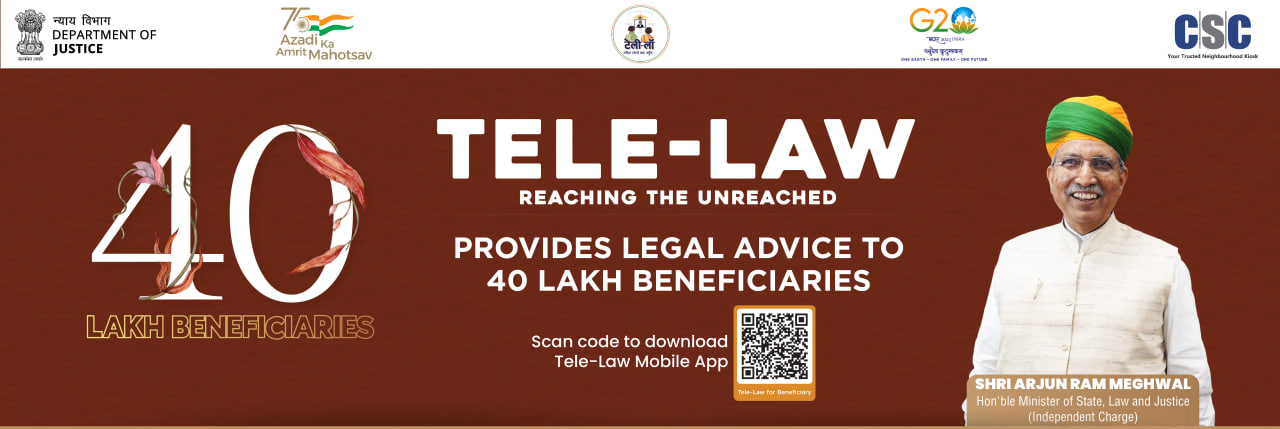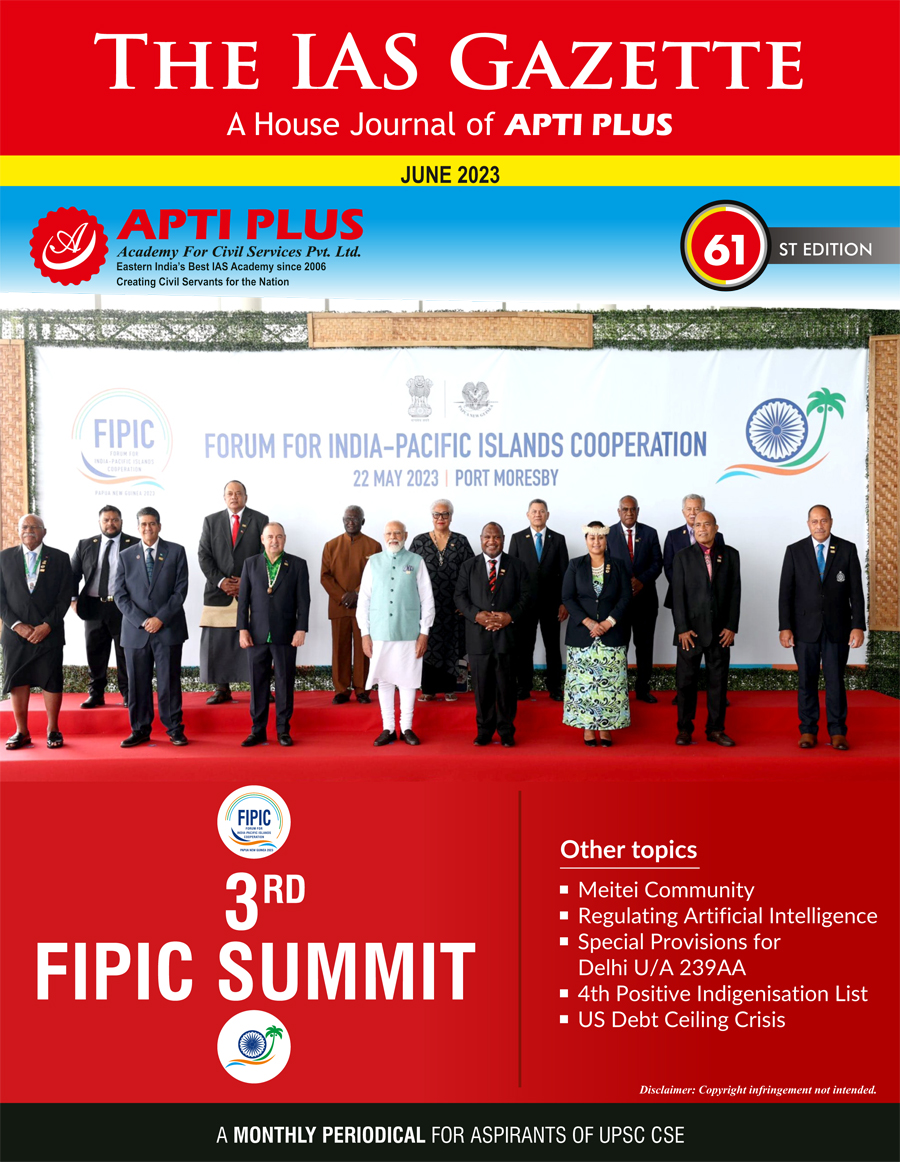Description

Copyright infringement not intended
Context: The Tele-Law programme, launched by the Department of Justice, Ministry of Law and Justice in 2017, has reached a new milestone by providing pre-litigation advice to 40 Lakh beneficiaries across India.
Details
Tele-Law Programme
- The Tele-Law programme is a legal aid initiative launched by the Department of Justice, Ministry of Law and Justice in 2017 to provide access to justice to the needy and disadvantaged sections of society.
- The programme uses technology to connect people seeking legal advice and consultation with panel lawyers through an e-interface platform available at the Common Service Centres (CSCs) situated in Gram Panchayats.
The main objectives of the programme are:
- To provide legal advice and consultation to people who cannot afford or access legal services due to various reasons such as poverty, illiteracy, social stigma, geographical barriers, etc.
- To empower the people with legal awareness and knowledge about their rights and duties under various laws and schemes of the government.
- To prevent litigation and reduce the pendency of cases in courts by resolving disputes at the pre-litigation stage through mediation, conciliation, arbitration, etc.
- To promote alternative dispute resolution mechanisms and restorative justice for speedy and amicable settlement of disputes.
- To enhance the quality and efficiency of legal services delivery by using technology and innovation.
The legal aid provided under the Tele-Law programme is free of charge for eligible persons as per Section 12 of the Legal Services Authority Act, 1987. The eligible persons include:
- Women
- Children
- Victims of trafficking
- Physically disabled
- Mentally ill
- Victims of natural disaster/ethnic violence
- Unorganised sector workers
- Low-income earners
- People under trial or in custody
The Tele-Law programme covers various types of cases or grievances at the pre-litigation stage such as:
- Dowry
- Family disputes
- Divorce
- Protection from domestic violence
- Sexual harassment
- Violence against Scheduled Castes, Scheduled Tribes members
- Maintenance of senior citizens
- Rights regarding land and property
- Equal wages for men and women
- Maternity Benefits and Prevention of Foeticide
- Prohibition of child marriage
- Cases covered under POCSO (Protection of Children from Sexual Offences Act), POSH (The Sexual Harassment of Women at Workplace (Prevention, Prohibition and Redressal) Act, 2013)
Conclusion
- The Tele-Law programme is a commendable initiative by the Government of India to leverage technology for ensuring access to justice for all. The programme has demonstrated how digital inclusion can lead to social inclusion by empowering people with legal awareness and assistance. The programme is aligned with the vision of the Hon'ble Prime Minister to ensure justice for all and to empower the poor and marginalized sections of society.
Must Read Articles:
Initiatives to Provide Citizen-Centric Delivery of Legal Services: https://www.iasgyan.in/daily-current-affairs/initiatives-to-provide-citizen-centric-delivery-of-legal-services

https://pib.gov.in/PressReleasePage.aspx?PRID=1928251











